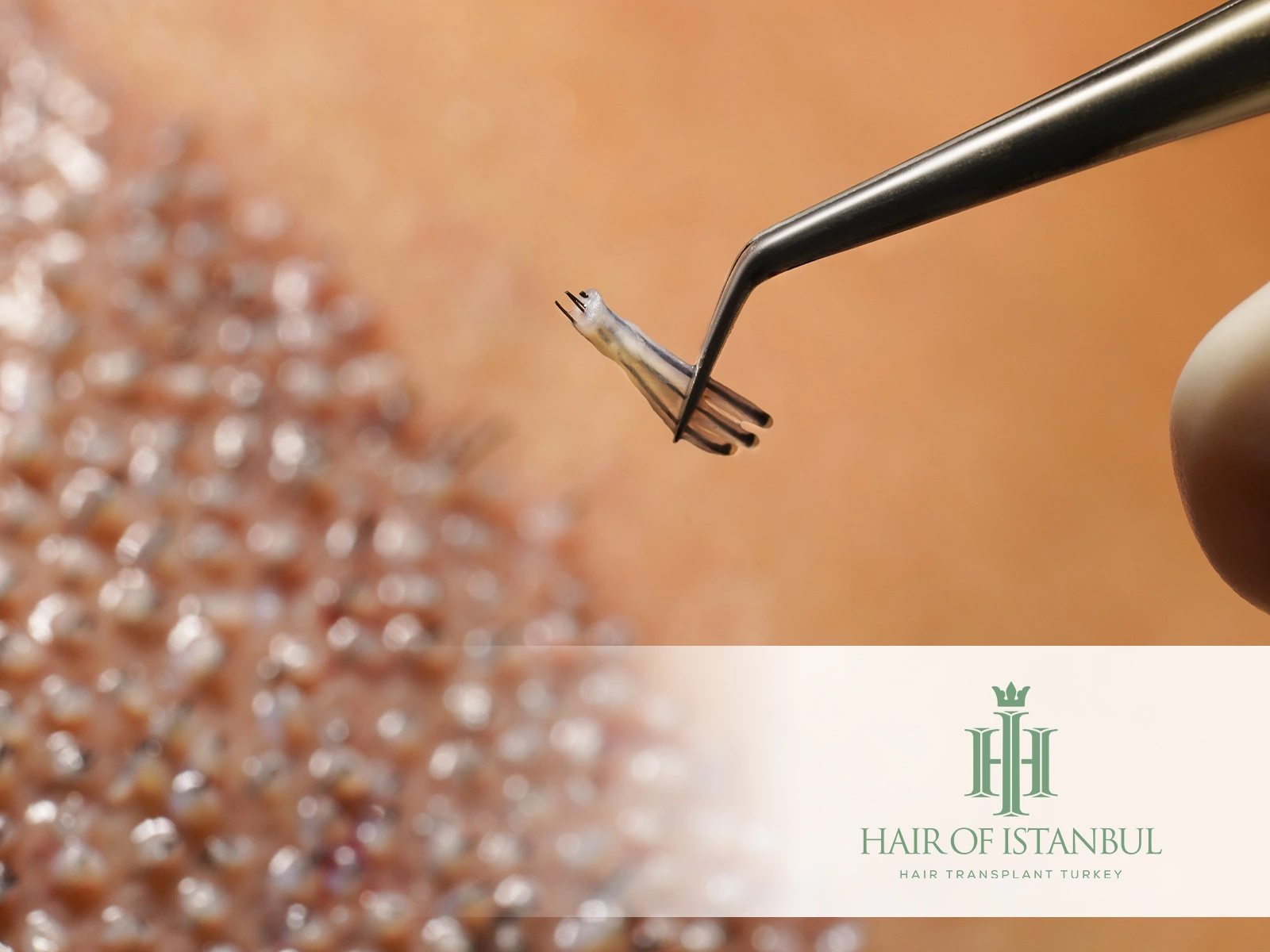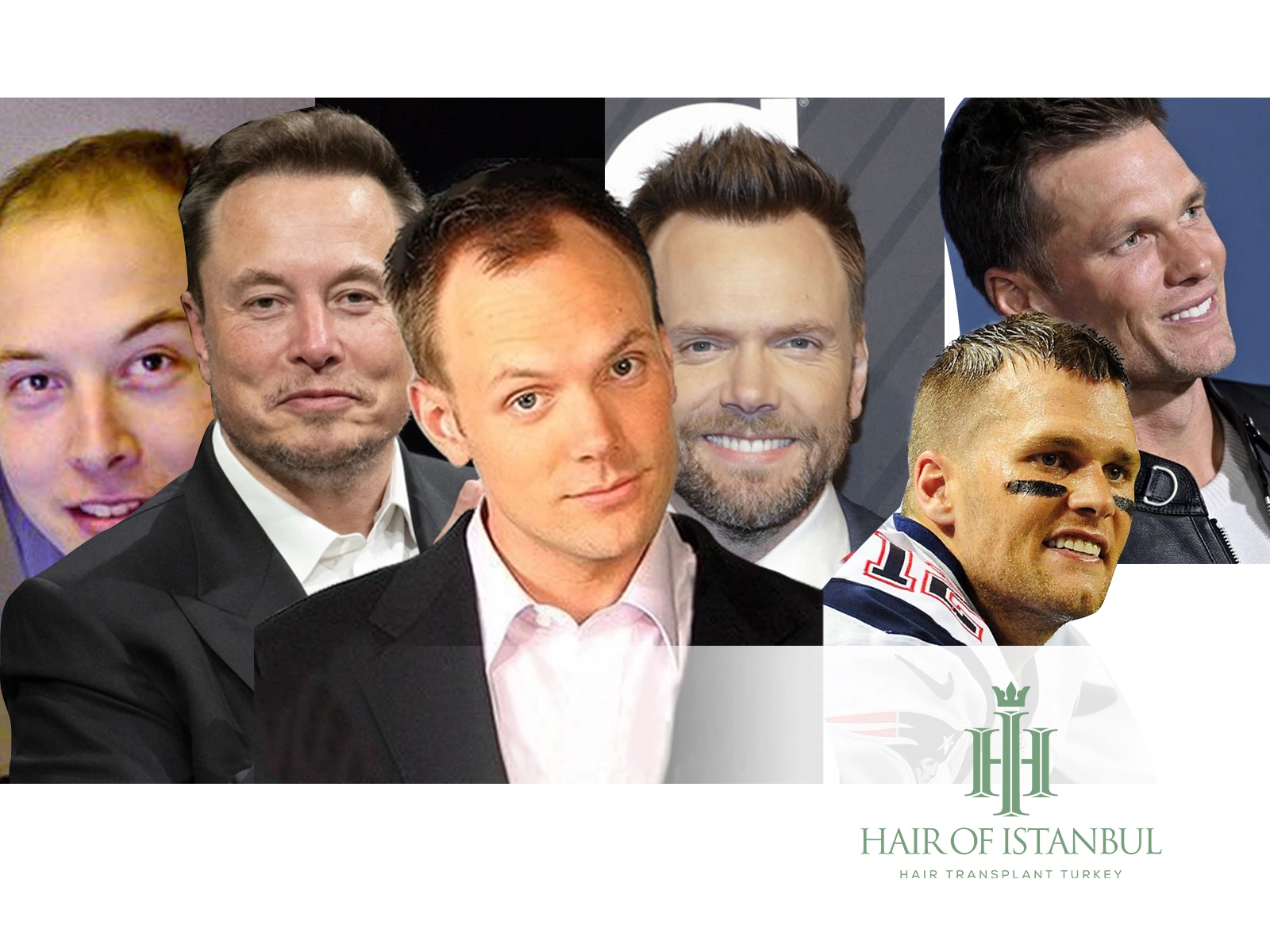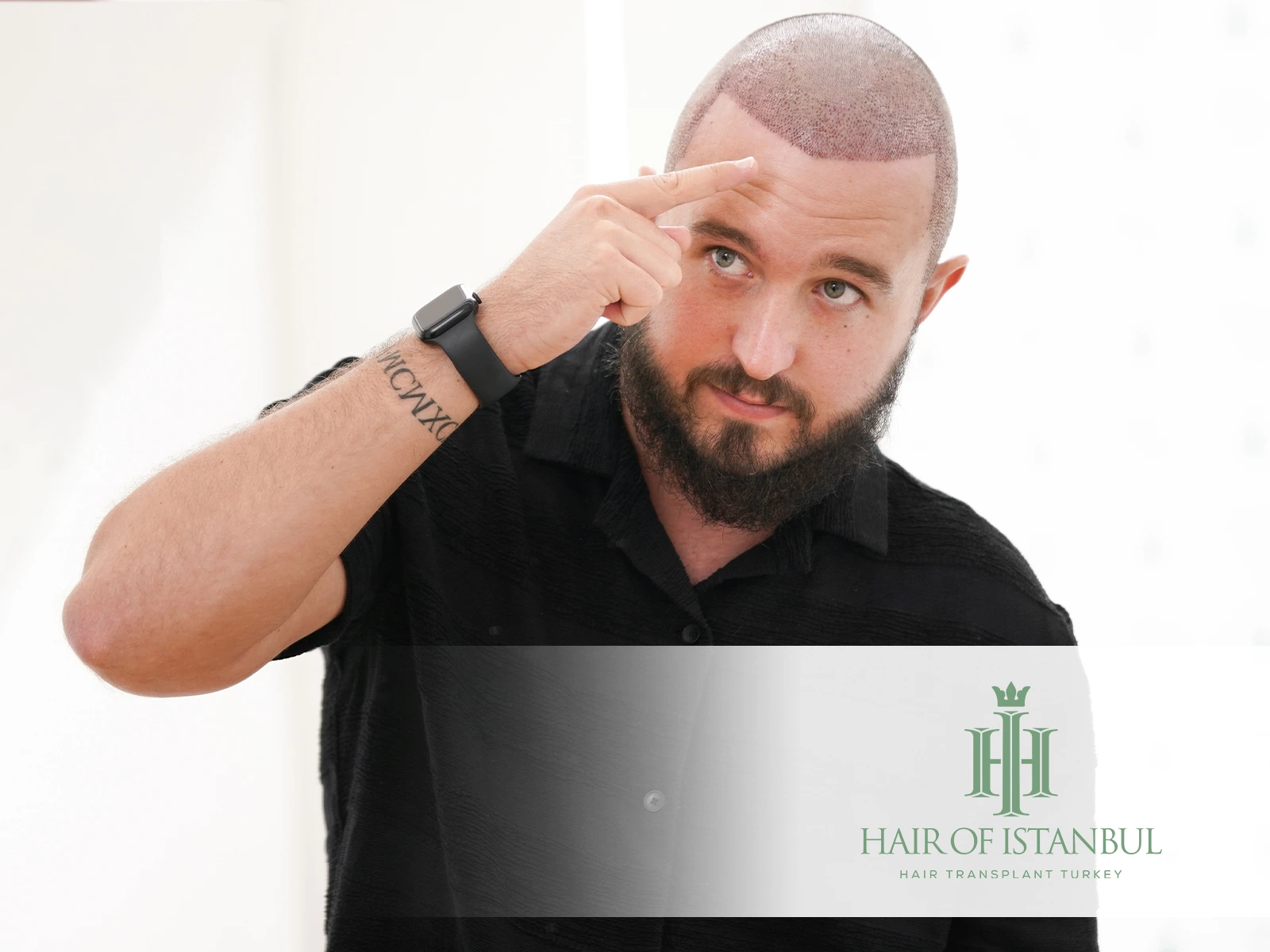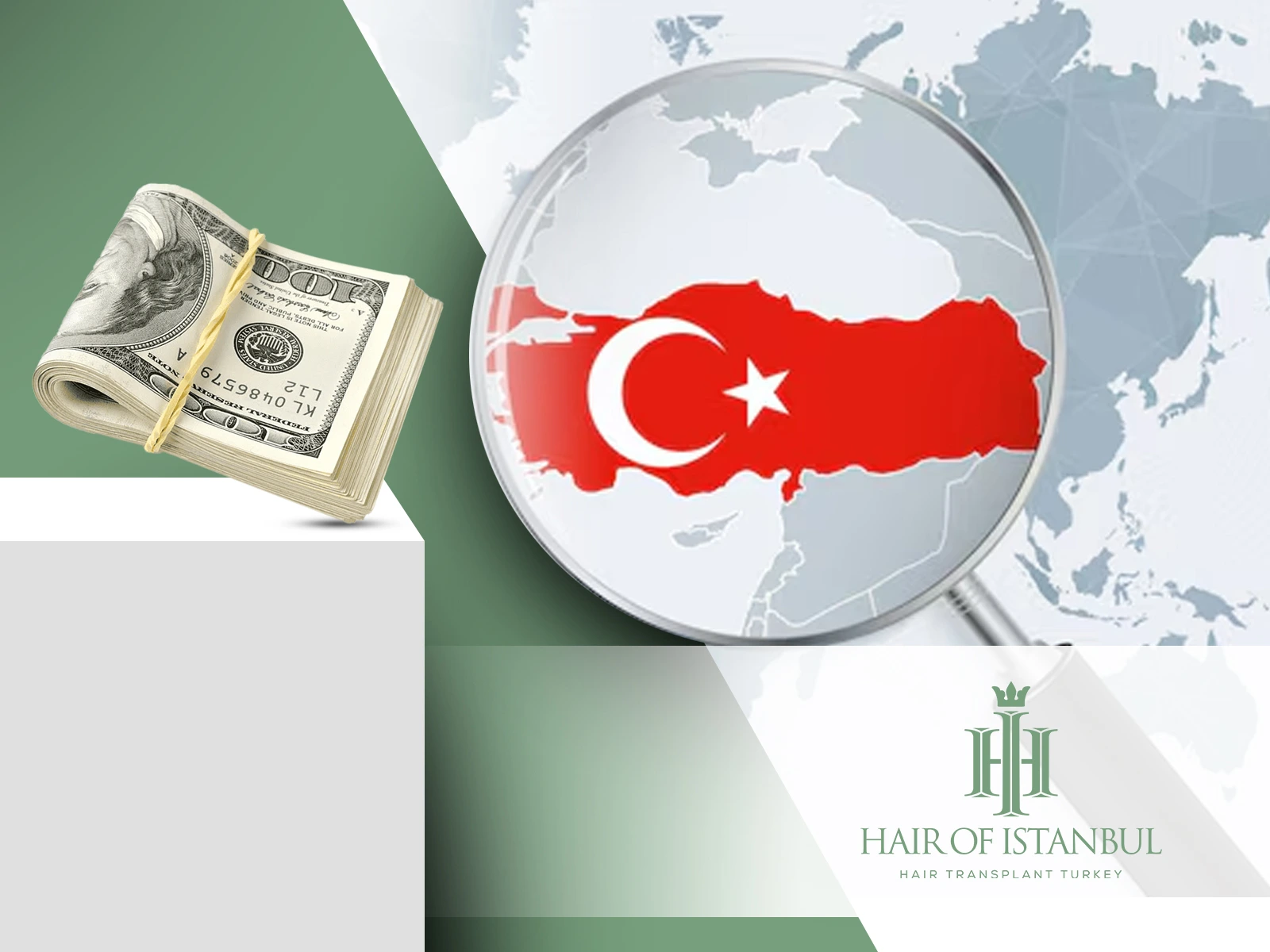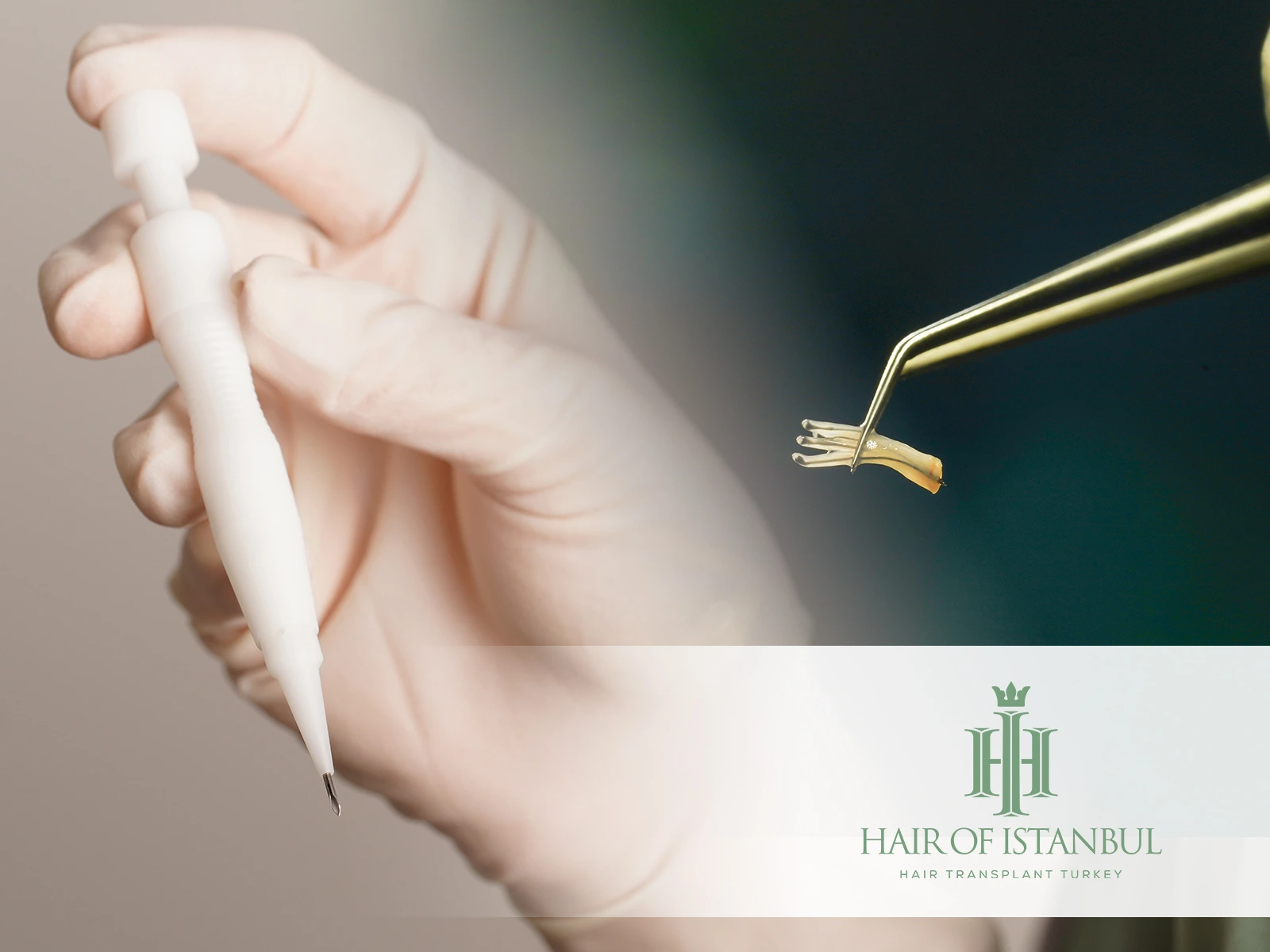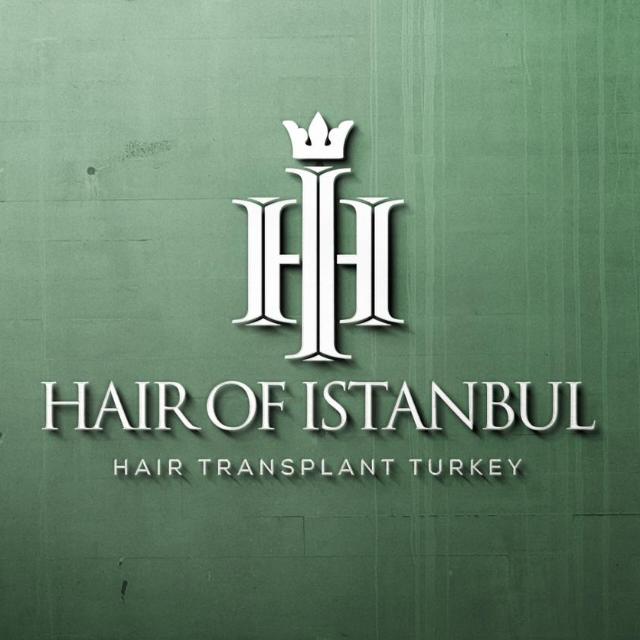Why Parabens Are Bad For Hair ? Here’s What to Do!
Have you ever considered what’s lurking in your shampoo bottle? The unassuming villains could be parabens and sulfates. These widely used ingredients might be doing more harm than good to your hair. The culprits can dry out your hair, weaken follicles, and even cause scalp irritation. But don’t panic just yet!
This article will guide you through understanding the pitfalls of these chemicals and help you make smarter, hair-friendly choices.
What Are Parabens?
Consider parabens as a type of preservative. Products ranging from cosmetics to food frequently utilize them. Why? Because these chemicals prevent the growth of harmful bacteria and mold, thus extending shelf life.
What Are Sulfates?
Shift your focus now to sulfates. These are essentially cleaning agents, known for their suds-producing power. Their presence is commonly observed in items like shampoos and detergents. Suds indicate effective cleaning, which is why companies prefer incorporating sulfates.
Difference between Parabens and Sulfates
Now let’s address the difference between the two. Parabens and sulfates perform distinct roles.
- The first group acts like a preservative, extending product life by combating bacteria and mold.
- In contrast, the latter contributes to cleanliness by producing suds that remove dirt and oil.
Thus, when looking at your product ingredients, remember this: parabens preserve, sulfates cleanse.
Also Read: Can Depression Cause Hair Loss? | Myths vs Facts!
What Are The Dangers Of Parabens?
Some researchers suggest parabens might disrupt normal hormone functions in the body, possibly impacting fertility and reproductive health. They might also have implications on birth outcomes. Another disconcerting possibility is an increase in cancer risk, although this link is not definitively proven. Their application can lead to skin irritation, an undesirable side effect. [1]
We mustn’t forget their impact on hair health either. These chemicals can potentially cause scalp irritation and weaken the hair follicle, leading to hair loss. They may also strip away natural oils, leaving hair dry and brittle. Consequently, users might experience an increase in split ends and breakage. That’s why it’s essential to know your ingredients when choosing hair care products.
Are All Parabens Toxic & Carcinogenic?
Some studies suggest a link between these substances and breast cancer, while others, including the FDA, argue there’s currently no impact on human health from those used in cosmetics. [2]
Several investigations show no proof of them being teratogenic, mutagenic, or carcinogenic. As it stands, methyl-, ethyl-, and propyl-paraben are considered safe for use in cosmetics and pharmaceuticals, within recommended dosage ranges. [3]
What Are Other Names For Paraben In Shampoo?
What about these chemicals in your shampoo? They’re often easily identifiable, going by names such as; [4]
- Methylparaben
- Propylparaben
- Butylparaben
- Ethylparaben
These substances appear on the ingredient list under these terms, so keep an eye out for them.
Also Read: How Syphilis Causes Hair Loss? Learn Its Effect and Treatment!
Should You Avoid Parabens in Shampoo?
When it comes to parabens in your shampoo, it’s crucial to understand their potential side effects. These substances might instigate issues like scalp irritation, color loss, dryness, and hair shedding. Due to these potential risks, until more research is conducted, it could be wise to consider paraben-free alternatives for maintaining the health and vibrancy of your hair. [5]
Do Dermatologists Recommend Parabens?
Key health organizations, including the U.S. FDA Cosmetic Ingredient Review (CIR), European Commission, and Scientific Committee on Consumer Safety (SCCS), have examined paraben safety. They confirm that these substances are safe when used in lower concentrations, specifically up to 0.4% for individual parabens and up to 0.8% for a combination.
It’s important, however, to remember that potential side effects may increase if these chemicals are used improperly or in excessively high concentrations.
Why Are Parabens Banned in Europe?
The European Union has specific restrictions on certain types of parabens in cosmetics. They’ve banned isopropylparaben, isobutylparaben, phenylparaben, benzylparaben, and pentylparaben due to insufficient safety evidence. [6]
However, parabens like methylparaben, ethylparaben, propylparaben, and butylparaben, regularly found in cosmetics, continue to be approved for use.
The decision to continue their use stems from extensive reviews by the Scientific Committee on Consumer Safety (SCCS), which have repeatedly confirmed their safety and effectiveness as preservatives.
Here’s a simple breakdown:
| Paraben Type | Status in EU |
| Isopropylparaben | Banned |
| Isobutylparaben | Banned |
| Phenylparaben | Banned |
| Benzylparaben | Banned |
| Pentylparaben | Banned |
| Methylparaben | Approved |
| Ethylparaben | Approved |
| Propylparaben | Approved |
| Butylparaben | Approved |
Also Read: When Can I Wash My Hair Normally After Hair Transplant?
Why Do People Avoid Sulfates?
Individuals may opt to avoid sulfates due to their potential to provoke adverse reactions in sensitive people. Whether it’s in laundry detergent, soap, or shampoo, sulfates, especially types like SLS and SLES, could strip away too much oil, breaking down the skin’s protective barrier, leading to redness and dry, itchy skin. [7]
Why Do Professional Shampoos Have Sulfates?
In the world of professional hair care, the use of sulfates in shampoos is prevalent. The reason is that they create a frothy foam that cleanses the hair and scalp by effectively removing accumulated dirt, oil, and styling products. The end result is hair that feels fresh and light. [8]
However, it’s crucial to note that any foaming product contains a detergent, and even if labeled as ‘sulfate-free’, the formula most likely incorporates another type of foaming agent.
Who Should Avoid Sulfates in Shampoo?
The inclusion of sulfates in shampoos and personal care products can lead to varied reactions depending on an individual’s specific conditions. While some benefit from the deep-cleaning properties of sulfates, others might find these ingredients harsh and drying. Particularly, those with certain types of hair or skin conditions should consider using sulfate-free alternatives. [9]
Here’s a table that summaries who should avoid sulfates and why:
| Individuals with sensitive skin or skin conditions | Sulfates can cause redness, itching, and cracking, particularly in those with conditions such as eczema or psoriasis. |
| People with dry, curly hair | Due to their oil-stripping properties, sulfates can lead to increased dryness and frizz in hair that’s naturally dry or curly. |
| Those with dyed or chemically treated hair | Sulfates can cause color to fade faster from dyed hair and add additional stress or dryness to chemically treated hair. |
What Happens When You Stop Using Sulfate Shampoo?
If one decides to quit using sulfate shampoos, the outcome could be surprisingly pleasant. Your hair might not feel as stripped of moisture, giving it a more natural and healthier feel. [10]
Interestingly, it has been noted that the scalp’s overproduction of oil, caused by the drying effect of sulfates, tends to decrease over time with the usage of sulfate-free shampoos.
Also Read: Ben Affleck’s Alleged Hair Transplant: What’s the Story?
List of Sulfates and Parabens
There is a wide array of paraben and sulfate types, but in shampoos and other skincare products, a select few are commonly used. They are listed in the table below: [11]
| Parabens | Sulfates |
| Methylparaben | Sodium Laureth Sulfate (SLES) |
| Ethylparaben | Sodium Lauryl Sulfate (SLS) |
| Propylparaben | Ammonium Laureth Sulfate (ALES) |
| Butylparaben | Ammonium Lauryl Sulfate (ALS) |
| Isobutylparaben | |
| Isopropylparaben |
Which Is More Harmful For Hair? Sulfate vs. Paraben?
Sure, parabens and sulfates are both widely used in cosmetic and personal care products, including shampoos and conditioners. However, each of these chemicals carries its own potential risks and side effects. Here’s a brief summary based on your descriptions:
| Parabens | Sulfates | |
| Primary Risks | Allergic reactions, Dermatitis worsening in children, Potential endocrine disruption. | Can dry out skin and hair, Potential irritation to eyes, skin, and scalp, May lead to hair loss, Potential lung issues with prolonged use, Environmental concerns due to petroleum derivation. |
| General Description | Used as preservatives in cosmetics and personal care products to prevent the growth of harmful bacteria and mold. | Used to create a lather and remove oils and dirt; are found in a multitude of personal care products such as shampoos, toothpaste, body wash. |
It’s important to note that while these potential risks exist, many people use products containing these ingredients without experiencing any adverse effects. However, individuals with sensitive skin or specific health concerns may choose to seek out paraben-free or sulfate-free products. [12]
Always make sure to consult with a healthcare provider if you have concerns about these or any other ingredients in your personal care products.
Also Read: How Often Should I Shampoo and Condition My Hair (Male)?
What Ingredients in Shampoo Makes Hair Fall Out?
One key ingredient in shampoos that some believe may contribute to hair loss is a group of chemicals known as sulfates. These powerful cleansing agents, including sodium lauryl sulfate, are designed to rid your hair of dirt and excess oils. However, they can be quite harsh, and there is a theory that their potent cleansing action can potentially harm hair follicles and cause irritation. [13]
This damage to the hair follicle could result in hair breakage that resembles or presents as hair shedding. Yet, it’s crucial to highlight that this is a theory, and further research is needed to definitively link sulfates to hair loss.
As always, if you’re experiencing hair loss, it’s wise to consult with a healthcare provider to determine the likely cause and appropriate treatment.
Are There Natural Alternatives to Parabens and Sulfates?
If you’re seeking alternatives to parabens and sulfates in your hair care products, you’ll be pleased to learn that natural alternatives do exist. Many companies have started formulating their products with safer, plant-derived ingredients to cater to consumers’ increasing demand for more natural, non-toxic products. [14]
These alternatives can offer similar benefits to traditional parabens and sulfates, such as preservation and cleansing, without the associated concerns. However, it’s essential to read labels carefully and understand what you’re buying. Now, let’s explore some of these natural alternatives in the table below.
| Natural Paraben Alternatives | Natural Sulfate Alternatives |
| Phenoxyethanol | Coco Glucoside |
| Sodium Benzoate | Decyl Glucoside |
| Potassium Sorbate | Lauryl Glucoside |
| Ethylhexylglycerin | Disodium Laureth Sulfosuccinate |
| Grapefruit seed extract | Coco Betaine / Cocamidopropyl Betaine |
| Essential oils of thyme, oregano & tea tree | Sodium Coco Sulfate |
| Rosemary & Neem extracts |
FAQ
Why is silicone bad for your hair?
Silicones can coat your hair, giving it a shiny appearance. However, they can also build up over time, potentially weighing hair down and making it appear dull.
Do I really need to avoid parabens?
Parabens are synthetic preservatives that can disrupt hormonal balance. If you have sensitive skin or allergies, it may be best to avoid them.
Why are parabens bad for skin?
Some studies suggest that parabens can disrupt hormones, which might affect skin health. They can also cause skin irritation and allergies in some people.
Is methylparaben good for hair?
Methylparaben is used in hair products for its antimicrobial properties. However, there’s ongoing debate about its potential health impacts.
What are the side effects of methylparaben on hair?
While methylparaben can help to prevent bacterial growth, overuse might lead to scalp irritation and possibly hair loss in sensitive individuals.
Why are sulfates and parabens bad for curly hair?
Sulfates can strip away natural oils needed by curly hair for its structure and moisture. Parabens, on the other hand, may cause irritation and dryness.
Is it better to have sulfate-free or paraben-free shampoo?
It depends on your hair type and scalp condition. Both can be potentially irritating, so using products free from both may benefit sensitive scalps and dry or damaged hair.
Why is paraben free shampoo better?
Paraben-free shampoos avoid potential hormonal disruption and skin irritation associated with parabens, making them a safer choice for some individuals.
Does sulfate shampoo cause hair thinning?
Overuse of sulfate shampoos may lead to dryness and breakage, which can give the appearance of thinning hair.
Why does my hair feel weird after using sulfate-free shampoo?
Sulfate-free shampoos don’t lather as much and may leave hair feeling different initially. However, this doesn’t mean your hair is not clean.
Why is my hair still greasy after using sulfate-free shampoo?
It can take time for your scalp to adjust to sulfate-free shampoos. They cleanse gently and don’t strip hair of natural oils as much, so hair might feel greasier initially.
CONCLUSION
An important aspect of hair care is understanding your hair’s unique needs. Not all hair types react the same way to certain ingredients. Some people might find that their hair thrives with sulfate- and paraben-free products, while others might need to take additional steps to tackle specific issues like dryness, dullness, or scalp irritations.
When hair loss gets serious, it is critical to consider immediate remedies such as hair transplantation. We specialize in providing successful hair transplantation services at Hair of Istanbul in Turkey. Our clinic has a reputation for helping people battle hair loss and regain their confidence via our expertise and good outcomes. Hair of Istanbul’s skilled team is committed to providing new solutions that are tailored to each individual’s specific needs. We have helped thousands of clients get natural-looking and long-lasting results using innovative procedures and technologies.
We recognize that the path to healthy hair takes time and patience. However, with the proper understanding and the assistance of our knowledgeable specialists, it may be a rewarding experience. We will walk you through the entire procedure, ensuring that you are well-informed and at ease. If you’re thinking about getting your hair transplanted, we recommend contacting Hair of Istanbul. Based on your individual scenario, our staff will conduct a complete examination and make personalized recommendations. You do not have to battle hair loss alone; let us assist you in regaining your confidence and achieving the hair you desire.
References:
- [1] Tasha Stoiber, Apr9, 2019 – What Are Parabens, and Why Don’t They Belong in Cosmetics? – https://www.ewg.org/what-are-parabens
- [2] Harriet Borofsky, Oct 25, 2022 – Do Parabens Cause Cancer? – https://www.hackensackmeridianhealth.org/en/healthu/2022/10/25/do-parabens-cause-cancer
- [3] Zvonimir Petric, Mar 1, 2021 – The controversies of parabens – an overview nowadays – https://pubmed.ncbi.nlm.nih.gov/32697748/
- [4] FDA, Mar 3, 2022 – Parabens in Cosmetics – https://www.fda.gov/cosmetics/cosmetic-ingredients/parabens-cosmetics
- [5] Paris Beauty, May 20, 2021 – How Parabens and Sulfates Damage Hair – https://parisbeautypro.com/blogs/news/how-parabens-and-sulfates-damage-hair
- [6] Nicole M. Arcano, Jul 16, 2021 – Should You Avoid Products with Parabens? Here’s What Dermatologists Think – https://www.preview.ph/beauty/parabens-introduction-guide-a00349-20210716-lfrm
- [7] WebMD Editorial Contributors, May 12, 2023 – What to Know About Sulfate – https://www.webmd.com/beauty/what-to-know-sulfate
- [8] Lush Fresh Handmade Cosmetics, Aug 22, 2019 – Are Sulfates Really That Bad? – https://www.lushusa.com/stories/article_are-sulfates-bad.html
- [9] Jon Johnson, Nov 15, 2019 – Are sulfates in shampoo dangerous? – https://www.medicalnewstoday.com/articles/327013
- [10] Bright Body, Oct 17, 2020 – How to Use Sulfate Free Shampoo + Benefits of Switching – https://mybrightbody.com/blogs/blog/how-to-use-sulfate-free-shampoo-benefits-of-switching-to-sulfate-free-shampoo
- [11] Jon Klein, Oct 8, 2020 – Parabens, Sulfates, and Other Skincare Ingredients You Should Avoid – https://www.neutralyze.com/blogs/news/parabens-sulfates-and-other-skincare-ingredients-you-should-avoid
- [12] The Hans India, Apr 16, 2021 – Risk of sulfates and parabens on your hair – https://www.thehansindia.com/featured/womenia/risk-of-sulfates-and-parabens-on-your-hair-681967
- [13] Barbie Cervoni, Jun 09, 2022 – Certain Shampoos May Cause Hair Loss, Here’s What to Know – https://www.verywellhealth.com/shampoos-that-cause-hair-loss-5268050
· [14] Nut Job – Jul 15, 2020 – Why are parabens and sulphates bad for your hair? – https://nutjob.com.au/blogs/news/why-are-parabens-and-sulphates-bad-for-your-hair

